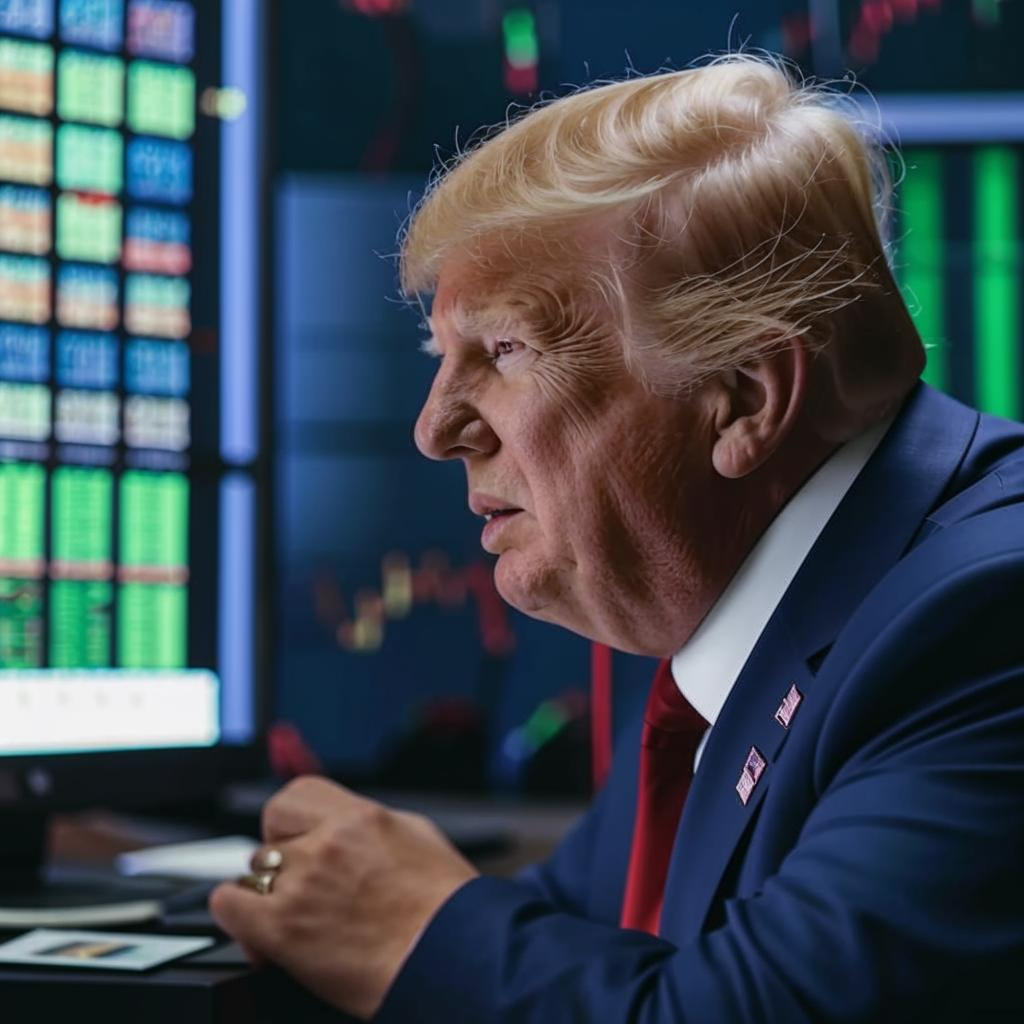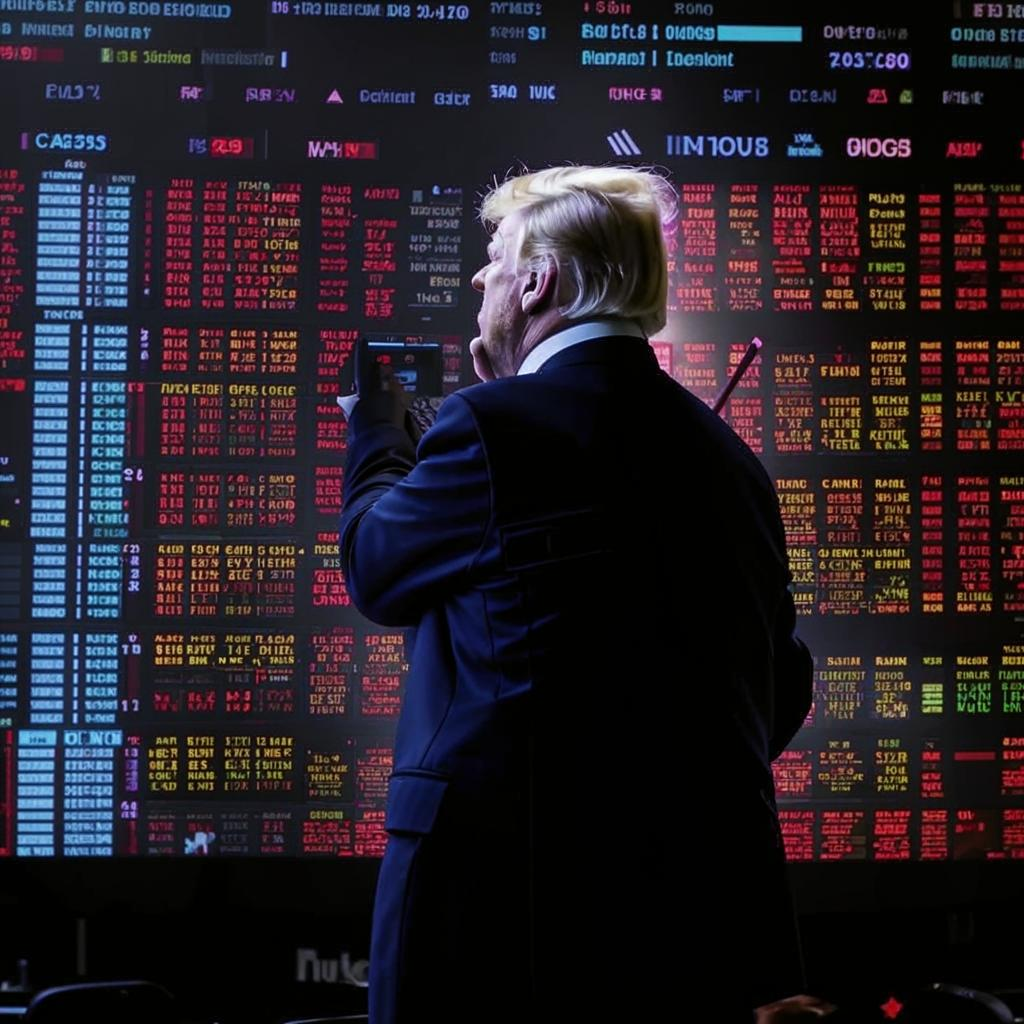Wall Street took a battering as President Trump intensified his criticism of Federal Reserve Chair Jerome Powell, contributing to a broader market sell-off. The Dow Jones Industrial Average plunged 1,000 points amid rising fears of a potential economic slowdown.
Trump’s repeated attacks on Powell and the Federal Reserve’s monetary policy have rattled investors. The President has accused the Fed of keeping interest rates too high, hindering economic growth and undermining his trade policies. This public pressure on the central bank has raised concerns about the Fed’s independence and its ability to make decisions based on economic data rather than political influence.
Analysts say Trump’s comments exacerbate existing market anxieties. Trade tensions with China, coupled with signs of slowing global growth, have already made investors nervous. The yield curve inversion, where short-term interest rates rise above long-term rates, further intensified recessionary signals and triggered panic selling. This combination of factors created a perfect storm of market uncertainty, leading to the steep drop in the Dow.
While some economists believe Powell has navigated a difficult situation effectively, Trump continues to push for more aggressive rate cuts. The market’s negative reaction to the President’s ongoing feud with the Fed highlights the importance of central bank autonomy and the potential consequences of political interference in monetary policy. The market needs a stable environment, and the current climate of uncertainty could have implications for investments.













